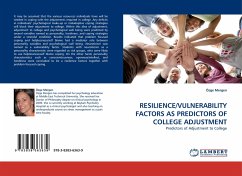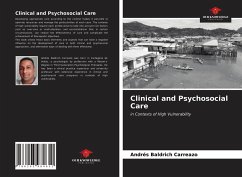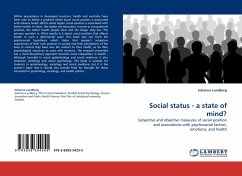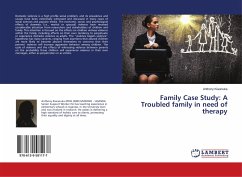
Collaboration and Vulnerability
A Psycho-social study of the Emerging Concept of Community Development. A Bulgarian case
Versandkostenfrei!
Versandfertig in 6-10 Tagen
52,99 €
inkl. MwSt.

PAYBACK Punkte
26 °P sammeln!
The thesis explores a case of project driven social welfare innovations that were realised between 1998 and 2002 in the north-western district of Sofia, called Vrabnitza. These projects had been initiated and realised by a group of practitioners and social activists. The field of project actions included mental health volunteering, family consultations and therapy, some community psychiatry work, mental health promotion and prevention in schools, cases of child protection and parental involvement in school management, and much liaison work. The research focused on the gradual exhaustion and fi...
The thesis explores a case of project driven social welfare innovations that were realised between 1998 and 2002 in the north-western district of Sofia, called Vrabnitza. These projects had been initiated and realised by a group of practitioners and social activists. The field of project actions included mental health volunteering, family consultations and therapy, some community psychiatry work, mental health promotion and prevention in schools, cases of child protection and parental involvement in school management, and much liaison work. The research focused on the gradual exhaustion and final termination of these activities over time and the process of alienation and avoidance of collaborative contacts between the main actors. Using the psycho-social frame of study, the research tried to understand the observable phenomena from the point of view of some of the main actors and to position the whole story within the various contexts they had been part of. In the analysis of thematerials collected, a range of concepts from psycho-social research and group relations theory, especially the concept of authority, were used.












